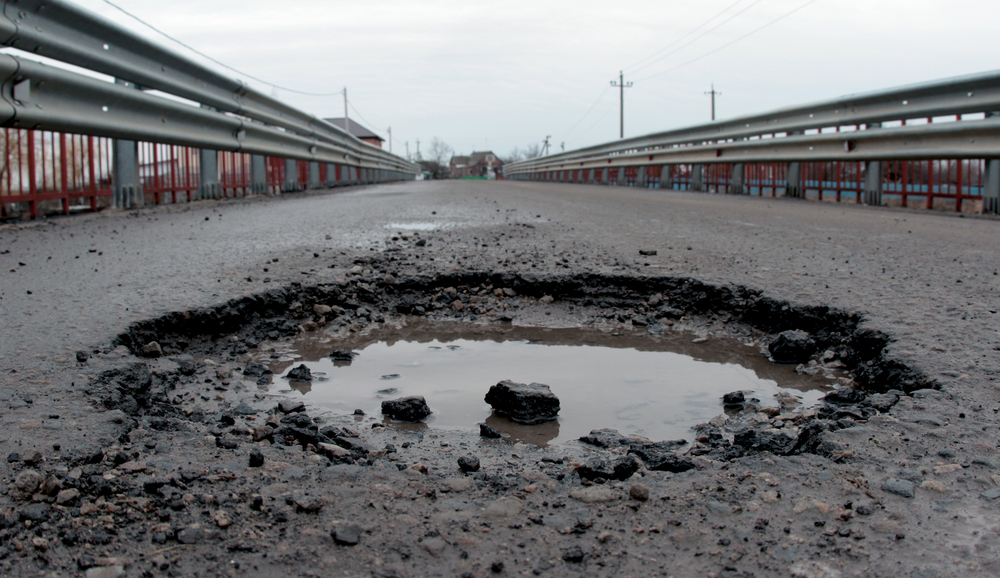It is safe to say we live in an era where technological innovation is reaching new heights on a regular basis. Scientists at the University of Delft have created a solution to automatically fix deteriorating asphalt. In fact, the team will test their self-repairing asphalt in the near future. This material also includes a way to charge electric vehicles driving on top of the asphalt. A very intriguing development that will get a lot of media attention in the coming months.
Self-repairing Asphalt Can Solve a Lot of Problems
Driving a vehicle around cities and highways can be quite a problematic experience. Asphalt deteriorates rather quickly, which results in potholes along the way. These issues become even more apparent as bad weather appears. Heavy rain and snowfall tend to make these potholes even larger over time. This results in car damage, safety hazards, and anything but a pleasant experience.
If it is up to researchers at the University of Delft, that will come to change very soon. The team told media outlets they are experimenting with self-repairing asphalt. This should solve any pothole-related problem, thanks to the conductive steel fibers and bacteria. It turns out this material has a second advantage as well, as it can provide electric vehicles with a small battery boost as they drive along the asphalt.
It is important to note the wireless “charging” will only occur when the vehicle in question is standing still. Drivers often stand still in traffic anyway, which makes this self-repairing asphalt even more interesting to take note of. Although it remains to be seen if electric cars will dominate the vehicle landscape several years from now, it is good to have these types of solutions – hopefully – readily available by then.
Do keep in mind developing self-repairing asphalt is not something that will be perfected overnight. Several challenges need to be taken into account, including generating plenty of heat to trigger the repair process in question. Additionally, vehicles will need to be outfitted with proper wireless charging systems, which do not exist in large quantities right now. Then again, both of these issues can be solved given enough time and research.
Additionally, the costs of this research may ramp up rather quickly. That being said, the costs will never outweigh the benefits, as self-repairing asphalt will improve city infrastructure in different ways. Maintaining asphalt is time-consuming, expensive, and generally annoying to drivers passing through that particular area. The researchers are hopeful their project can double the lifespan of asphalt, which would be a significant improvement.
For the time being, it remains to be seen when the test will be conducted exactly. Self-repairing asphalt is not entirely new, though, as experiments date back to the year 2010. So far, the concept has not been embraced by the general public, though, and municipal governments tend to stand in the way of progress as well. Whether or not this new trial can change the public’s opinion, remains to be seen.
If you liked this article, follow us on Twitter @themerklenews and make sure to subscribe to our newsletter to receive the latest bitcoin, cryptocurrency, and technology news.

